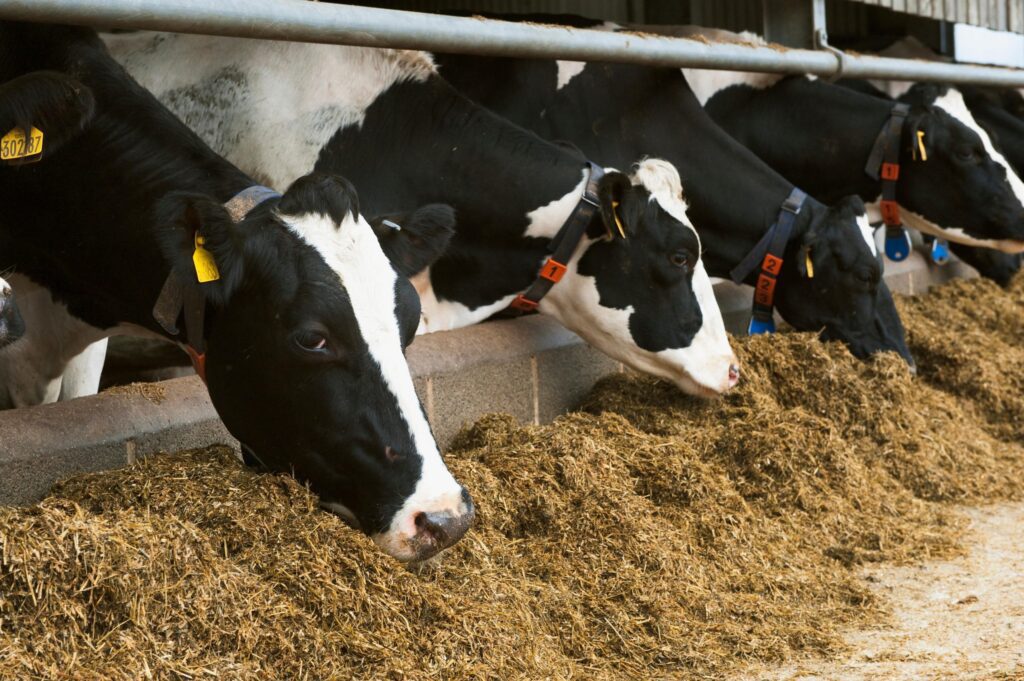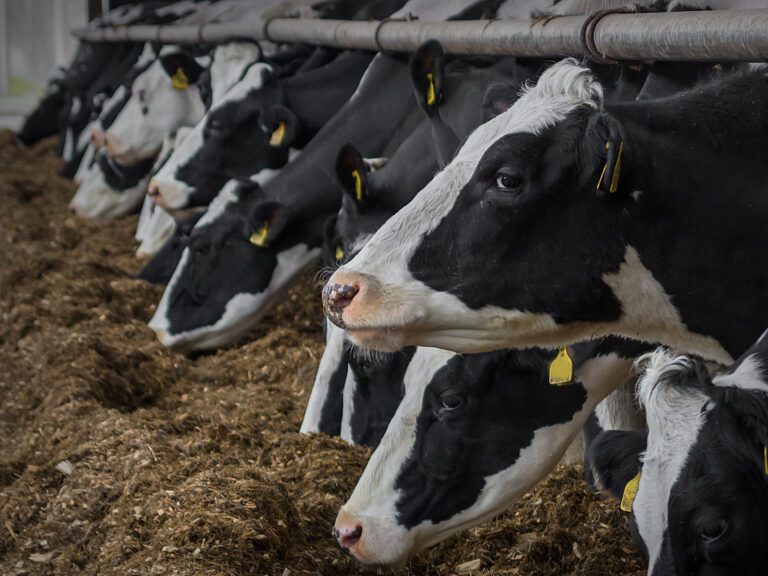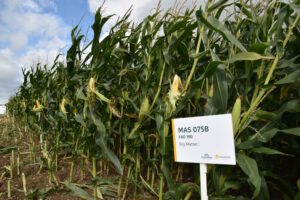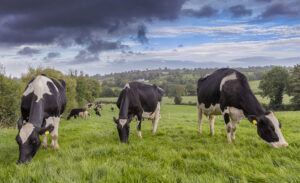Inadequate pre-calving nutrition during the dry off phase can have a negative impact on calf health and colostrum formation, resulting in inadequate calf immunity and, eventually, calf death. Poor nutrition from forage and extra diet feed, as well as the dam’s metabolic status and body condition score (BCS), can all have an impact on calf health. According to studies, the nutritional/metabolic status of one generation can influence the health status of the next generation, a phenomenon known as the transgenerational metabolic-disease complex.
The management of the dry cows and heifers can have direct and indirect effects on the health of the calf later in the season, therefore BCS and feeding must be taken into account when getting ready for the upcoming calving season. Once the dairy cow’s needs for metabolisable energy, protein, and micronutrients have been met, there is little chance that the amount or quality of colostrum may be considerably changed through nutrition. Overfeeding food can have the effect of lowering the quantity of colostrum, which can drastically reduce colostrum quality if these requirements are not reached or even surpassed during the dry period.
When cows, especially heifers, are overfed and calve at a BCS higher than 3.5, the resulting foetal weight might make calving much more challenging. Additionally, the risk of stillbirth would rise with more difficult calving. Due to uterine inertia and weak calves, dietary micronutrient imbalances, particularly those involving calcium and iodine, can cause foetal death. As they received higher-quality colostrum and calf immunity early in life, cows with an optimal BCS pre-calving of about 3.25 will produce calves who are healthier and grow more quickly.
In comparison, calves from dry cows with less nourishment have lower immunity which results in poorer health. To improve calf immunity, reduce calf illness and boost growth rates, the best way to prepare for the calving season is to ensure dry cows are supplied with protein, energy, fat and micronutrients. By making sure the cow is calving down at a BCS of 3.25, farmers may offer their calves the best chance of surviving and prospering. For more information on cow nutrition contact your Drummonds Nutritionist.




